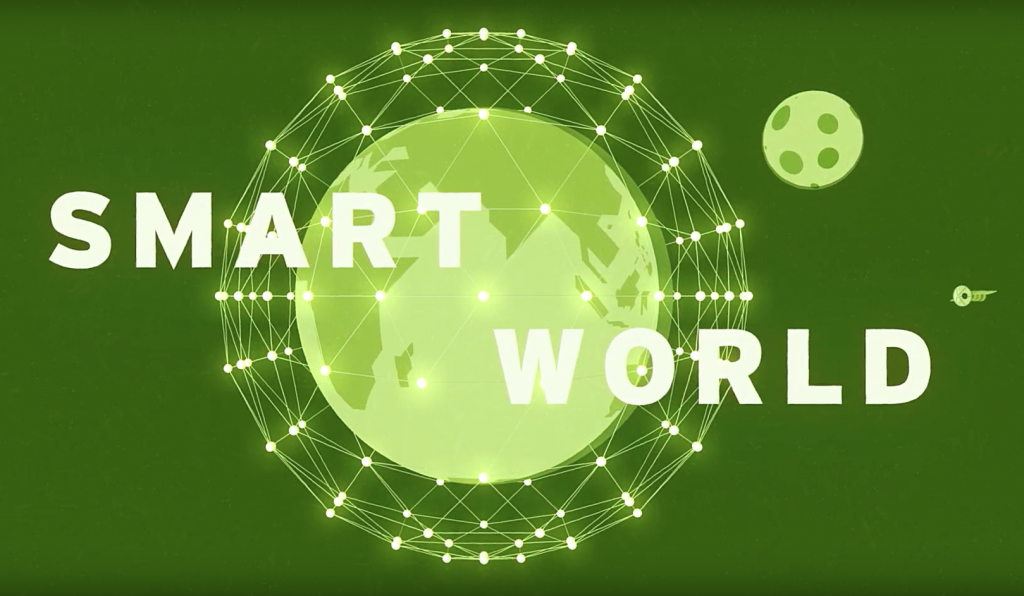The IoT Startups Changing the World
By now, most of us will have heard about the “Internet of Things” (IoT) and how it will bring benefits like connected homes. But IoT is far more promising than just having your fridge telling you to order more milk. The arrival of low-power wide-area networks (LPWAN) promises to unlock the potential of IoT and change the world for the better. T
he areas of application include agricultural monitoring, air quality control and smarter cities, to name a few.
Economic Impact of IoT
McKinsey Global Institute’s 2015 report analyzes how digitizing the physical world will impact our economy. “The Internet of Things: Mapping the value beyond the hype” estimates an annual impact of $3.9-$11.1 trillion by 2025. On the top end, the value of this impact—including consumer surplus—will be equivalent to about 11 percent of the world economy in 2025. It’s a reason to pay attention.
Reduced Barriers to Growth
The potential of LPWAN is being recognised by startups such as SenRa (
http://www.senraco.com). They are providing connectivity services at a fraction of the costs of competing technologies such as cellular, Wi-Fi and satellite networks. “This technology removes many barriers to the rise of IoT and has the potential to transform environmental management and help reduce poverty”, says SenRa chief executive Ali Hosseini. “For example, the water crisis is growing. With innovation and cutting edge technology we believe that smart water management solutions will be key to solving some of the world’s major problems.”
Other environmental benefits include smart farming, air pollution monitoring systems, gas sensors and more. The creation of smart cities and public transport monitoring systems will result in reduced CO
2 emissions. Further, we’ll be able to postpone or avoid investment in new roads.
Outlook for IoT
The McKinsey Global Institute report estimates that there are already more than nine billion connected devices around the world. This includes smartphones and computers. Over the next decade, through increased connectivity in rural areas, this number will explode. We’ll see between 25 to 50 billion devices by 2025.
There are still many barriers to this advancement, including privacy concerns and data storage limitations. The participants in the space continue to find solutions to the challenges. Looking forward, the benefits of IoT will soon be felt by everyone.

